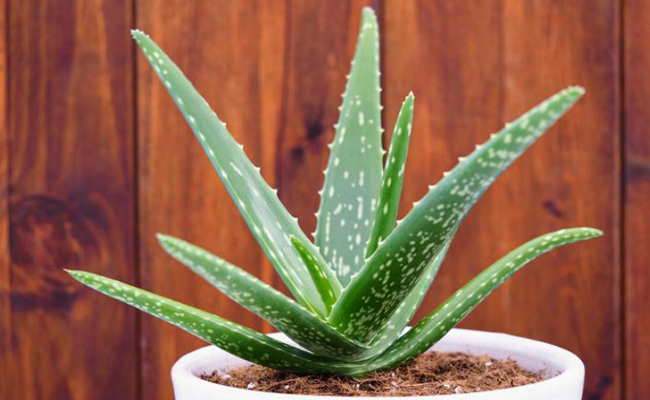Among the plants traditionally used to help cleanse and protect the lungs, the five described below offer particular efficacy.
Thyme
Thyme, whether of the garden or wild variety, has been one of the cornerstones of the traditional European pharmacopoeia since ancient times – it was valued by the Romans for its numerous benefits, as were most other herbs.
With a high content of thymol and flavonoids, thyme is reputed to have antiseptic and antifungal properties (1).
It was traditionally attributed with numerous benefits for respiratory health, including in particular, easing coughing fits, treating sore throats, and acting as an expectorant, thus detoxifying the lungs and helping those with asthma and allergies to breathe more easily. It can be consumed in the form of a herbal tea.
Spruce
A relative of the pine tree, with which it is often confused, the spruce is a popular choice of Christmas tree.
Terpenes in spruce that are of particular interest to naturopaths and phytotherapists. These metabolites are thought to have antiseptic and expectorant properties, and to help thin mucus in the lungs (2).
Indeed, any plant related to the spruce can equally be used phytotherapeutically for the same purpose: Scots pine, fir, Aleppo pine and especially the excellent maritime pine.
Green tea
Green tea also has an excellent reputation. It is high in antioxidant flavonoids called catechins, one of which, epigallocatechin gallate (EGCG), may specifically help to reduce lung damage (3).
The nutritional supplement Lung Detox contains extracts of both green tea and maritime pine bark, along with several other beneficial compounds such as the super-antioxidant quercetin and N-acetylcysteine (NAC), recognised for helping to protect and clear the respiratory organs. This supplement has been specifically formulated to facilitate breathing and detoxify the lungs.
Eucalyptus
A large tree native to Australia, eucalyptus contains an active ingredient called eucalyptol, which is used in traditional pharmacopoeia to treat respiratory problems.
Containing volatile essential oils, eucalyptol (4) may have a beneficial effect on the fluidity of mucus in the lungs, improving the function of bronchial tubes. Traditionally, it is used either as an infusion or an inhalation.
Ginger
Last but not least in this list of lung-supportive plants is ginger. As a result of one of its most potent active ingredients, gingerol, this amazing root is used phytotherapeutically in many ways (5).
A powerful antioxidant, ginger is believed to have a significant effect in helping to cleanse and strengthen the lungs (try, for example, the supplement Super Gingerols) (6).
